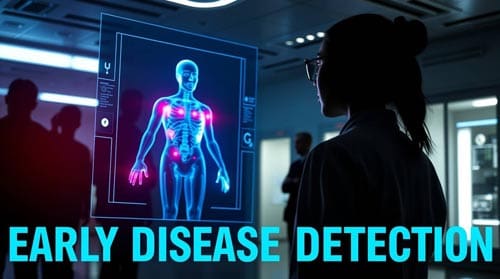Cutting-edge artificial intelligence (AI) technologies are revolutionizing the detection and treatment of rare diseases, bringing hope to patients who often face long diagnostic journeys. Recently developed AI-based platforms are capable of analyzing complex medical data and patterns with remarkable precision, helping clinicians identify rare genetic and dermatological conditions much earlier than traditional methods.
One of the notable advancements is an AI-powered rare disease detector that has demonstrated high accuracy in diagnosing conditions such as generalized pustular psoriasis and hidradenitis suppurativa. This tool leverages vast clinical databases and machine learning algorithms to recognize subtle symptoms and genetic markers that might otherwise be missed, offering timely and personalized diagnostic insights.
In parallel, AI is furthering therapeutic progress for diseases like melanoma and kidney disorders. Enhanced AI models support early detection through improved imaging analysis, allowing for more precise identification of malignancies and kidney damage. Additionally, AI-driven drug discovery frameworks accelerate the development of novel targeted treatments, optimizing efficacy while reducing adverse effects.
These breakthroughs exemplify how AI integration in healthcare not only speeds up diagnosis but also refines treatment strategies for complex diseases. As these technologies mature, patients worldwide can expect more accurate diagnoses, tailored therapies, and improved outcomes, marking a new era in rare disease and cancer care.
More than news- Its Icegate

